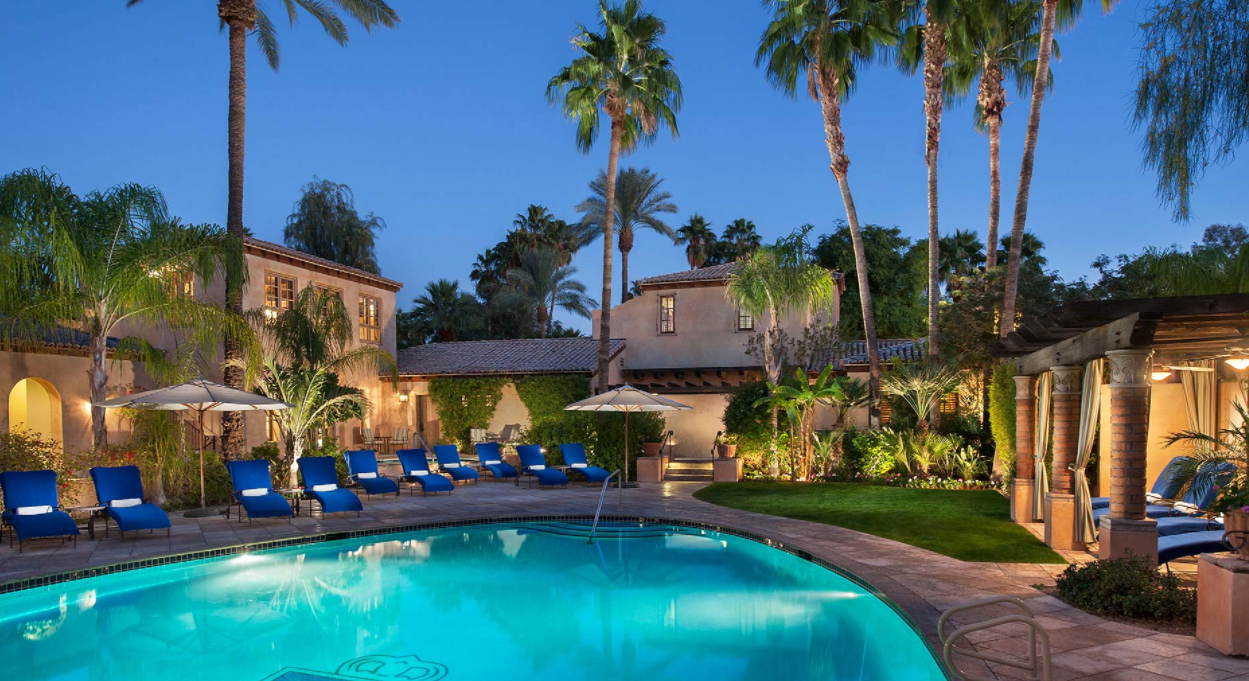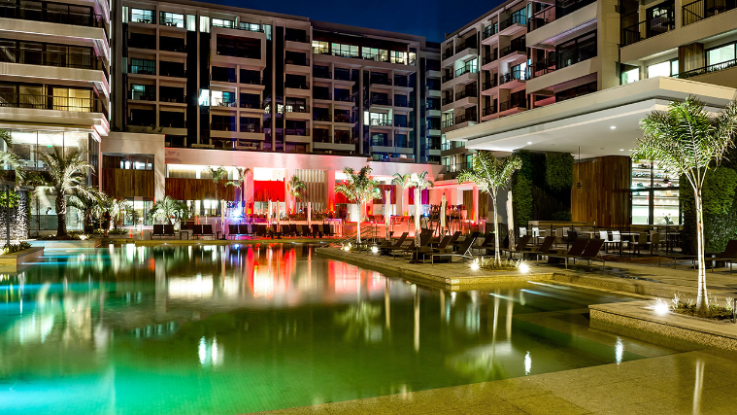Hyatt Hotels Corporation is looking back on an uneven 2016, with declining revenues coming out as something of a surprise. During the company’s fourth-quarter earnings call, president and CEO Mark Hoplamazian lauded the launch of Hyatt’s Unbound collection and the creation of the new World of Hyatt global loyalty program, but the company’s total revenue fell 2 percent to $1.09 billion, missing previous estimates.
Hyatt’s systemwide revenue per available room increased 2.5 percent last year, with full-service hotels in the U.S. improving 2.5 percent while select-service drove much of the growth with 5.4 percent. Hyatt also gained market share for eight consecutive quarters, but while transient travel was up, group business was down in Q4 2016 by almost 2 percent. Hoplamazian pointed to the shift in Jewish holidays into October as a potential reason for the stumble in group demand, and he described Hyatt’s group business production as “softer” at the end of 2016 when compared to previous quarters.
“While total group production increased by approximately 8 percent during the third quarter, we experienced a decline in group production of a bit over 8 percent in the fourth quarter,” Hoplamazian said in a prepared statement, also stating that the group business increase for 2017 is expected to be in the low single-digits compared to last year.

Pros and Cons
While Hyatt is poised to benefit from rising demand in the U.S. as a result of an improving economy, the stronger dollar isn’t all good news for the company. Roughly 75 percent of the rooms in Hyatt’s development pipeline are located outside of the U.S., and currency exchanges may not be too kind to them as the dollar gains steam. However, the level of construction taking place under Hyatt is immense, and during 2016 the company grew its existing hotel base by almost 10 percent, while its existing room base swelled more than 7 percent. For Hoplamazian, that pipeline is something to lean on.
“Our capital recycling strategy provides another critical source of targeted purposeful growth,” he said, “Our strong balance sheet, together with successful recycling of our existing asset base, allows us to continue to invest in targeted growth of our brands.”
Following up on a line of communication that began on Hyatt’s Investor Day in 2016, the company followed through with the acquisition of the Miraval Group in January for roughly $215 million. This transaction included the Miraval Life in Balance brand, Miraval Arizona Resort & Spa, and the Travaasa Resort in Austin, Texas. Hyatt also ended 2016 with an announcement regarding Playa Hotels & Resorts’ potential merger with Pace Holdings Corporation, a deal that would generate an estimated $290 million in cash proceeds for Hyatt should it go through.
“On a pro forma basis, upon completion of the business combination, we estimate that our common ownership of Playa would be less than 15 percent,” Hoplamazian said. “If the contemplated transaction is completed, we will continue to serve our Hyatt Ziva and Hyatt Zilara guests under long-term franchise agreements, and the proposed transaction would provide Playa with new capital to further grow its business, including future growth of our Hyatt Ziva and Hyatt Zilara brands.”

The Next Movement
Looking forward, Patrick Grismer, Hyatt's CFO, cited a conservative estimate released by PwC showing U.S. RevPAR gains in 2017 to be 1.1 percent for the luxury segment, 1.3 percent in the upscale segment and 1.2 percent in the upscale segment.
“These segment estimates are relevant to us, since about three-quarters of our management and franchising adjusted EBITDA is derived from the Americas region, which is dominated by our U.S. business,” Grismer said, though he said group bookings are still expected to be up in the low single digits for 2017 because 50 percent of the company’s expected group business for the year is already on the books.
Overall, Hyatt expects systemwide RevPAR to increase no more than 2 percent during 2017, with notably strong first and fourth quarters due to shifts in holidays.
Hoplamazian was asked about the difficulties inherent in construction today with regards to inflation, but he said the changing financing market has created the biggest challenge for development going forward. All this means to Hyatt is that the strategy behind development has changed, but the process hasn’t slowed.
“You have to make sure that the underlying underwriting is good market, appropriate brand, right execution, and a brand that can deliver,” Hoplamazian said. "And when you've got those factors in place, then your ability to actually recycle over time is secured. So it may not be so much a trade mentality, but rather a recognition that these things can take some time to evolve and develop.”
One question for Hoplamazian was whether Hyatt was considering splitting up its internal assets the way La Quinta did recently. Hoplamazian responded that Hyatt has always viewed its ownership in hotel real estate as a main aspect of its business.
“We believe that it makes us better [managers],” he said. “We eat our own cooking every day.”
